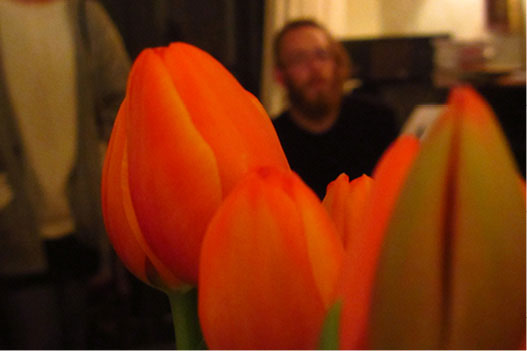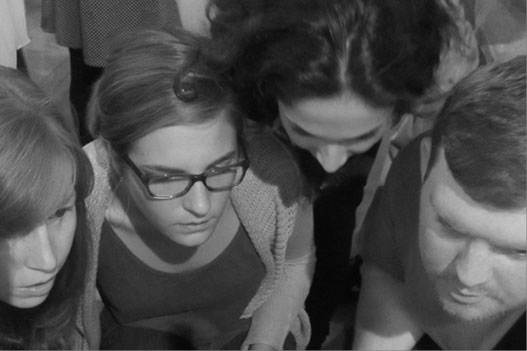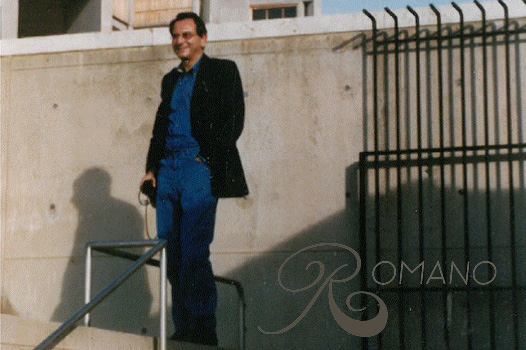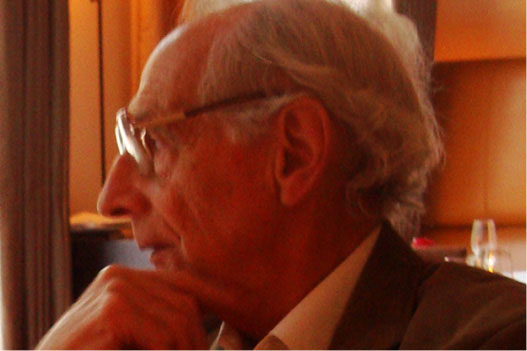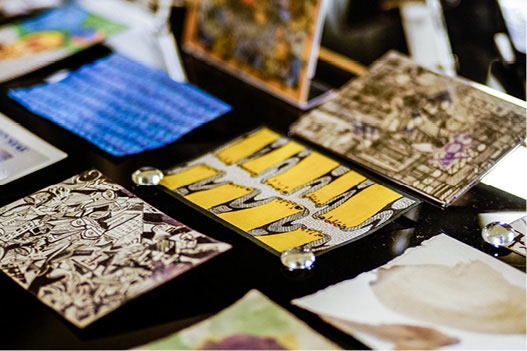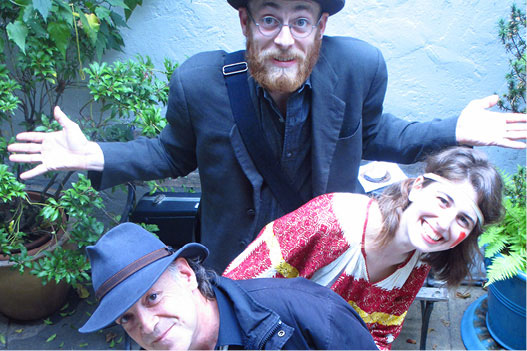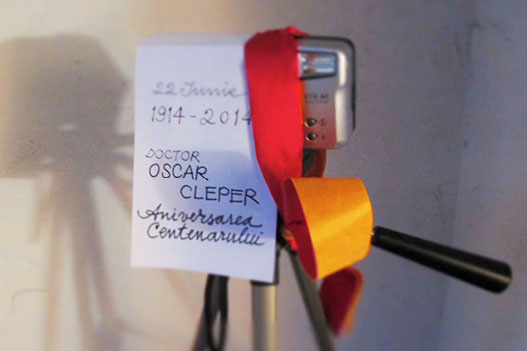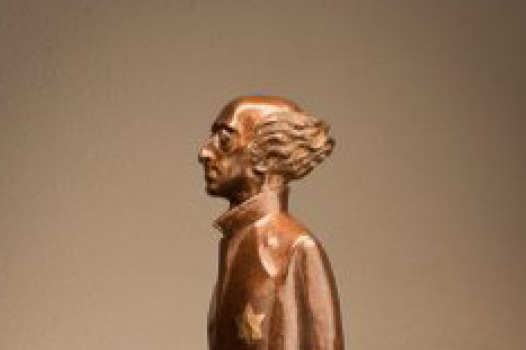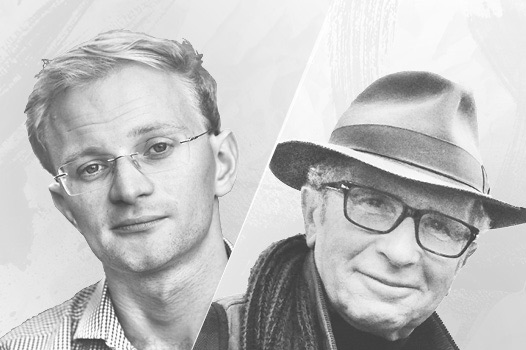EVENTS
X

Entropy and Music
Benedict Collins-Rice
Conductor, Rose Opera
Conductor/Tutor, London Youth Conservatoire
Musical Director of UK-wide choirs and orchestras
Founder/ Artistic Director, The Facade Ensemble
Dr. Marco Zaider
Radiation Oncology, Columbia University
Professor Emeritus, MSKCC
Professor of Physics, Weill Cornell Medical College
X

Entropy and Music
Consider the sequence:
01 01 01 01 01
It’s pretty simple to
predict the next term.
Now consider the sequence:
23 29 49 25 31 14 6
Not such a simple prediction!
guesses required to correctly reconstruct
the sequence.
Listen to a piece of music and try to predict the next bars: the entropy of compositions by Schoenberg is larger than those of Philip Glass.
X

In this symposium we will consider our topic from 4 perspectives:
If low entropy means predictability, are harder-
to-guess passages in a piece of music the most creative? If so, is Schoenberg more
creative than Bach?
Is high-entropy music
more difficult to appreciate? One could argue that most people like low- to moderate-entropy music. Why is this?
discussion to other
forms of art and design:
painting, architecture, literature, sculpture,
dance, movies, fashion.
Would you rather hold a conversation with a person whose answer is easy to anticipate, or less certain?
X

Entropy and Music
Musical entropy is very much dependent on context and convention, rather than raw data.
There is a joy playing with the entropy slider: moving it anywhere from 0 to 100 with the same sounds.
Making the familiar, unfamiliar. And alternatively, making the unfamiliar, familiar.
X

Making the familiar, unfamiliar
The last chord of Penderecki’s Polymorphia might be considered as representative of this process.
We might also consider Stravinskian Neoclassicism, electronic music, process music and ‘composing by numbers’.
Making the unfamiliar, familiar
No.2 by Charles Ives.
We could also think about Schoenberg and Brahms, Cage and Joyce, as well as the roles that narrative and emotion have in music.
